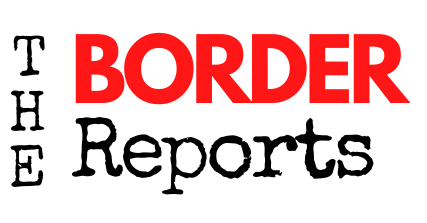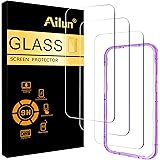Tucson Receives Support for Public Transportation Improvements
TUCSON, ARIZONA, USA – The Federal Transit Administration (FTA) announced that it has awarded the City of Tucson $950,000 to support a comprehensive planning project to improve access to public transportation.
The funds are from FTA’s Pilot Program for Transit-Oriented Development (TOD) Planning, which assists communities that are developing new or expanded mass transit systems.
According to a press release, the City of Tucson, working in partnership with the City of South Tucson, will use the funds to study a proposed new fixed guideway bus rapid transit (BRT) 14.5-mile north/south regional corridor. This study is scheduled to begin in early 2021.
“I’m grateful for the tireless advocacy of our Congressional Delegation in securing this funding for Tucson,” said Mayor Regina Romero. “This is a unique opportunity to plan proactively and identify what we can do to secure affordable housing options, help generational local businesses thrive, and provide Tucsonans and visitors alike with multimodal options to move around our city.
These dollars will help us advance our goals of improving mass transit, strengthen regional connections between our existing transportation systems, such as the Tucson International Airport, and move us one step closer to climate action.”
The corridor comprises two BRT segments that would operate primarily within a fully dedicated right-of-way.
The north segment extends from the Tohono T’adai Regional Transit Center to Downtown Tucson/Ronstadt Regional Transit Center and serves Pima Community College (PCC) Downtown Campus and the Tucson Mall.
The south segment extends from the Tucson International Airport to Downtown Tucson and serves the City of South Tucson, regional VA Hospital, Tucson Rodeo Grounds, and Roy Laos Transit Center. Both segments will connect to the existing streetcar line in Downtown Tucson and fixed-route bus service throughout the corridor.
This joint planning effort will use an equitable TOD approach to identify opportunities in already designated Opportunity Zones that will strengthen multimodal connections and land use policies through the development of denser, mixed-income, and mixed-use housing. This equitable TOD approach aims to provide affordable units, stimulate jobs, and create entrepreneurial opportunities within the redevelopment Study Area.
¡Gracias por leer a The Border Reports!














